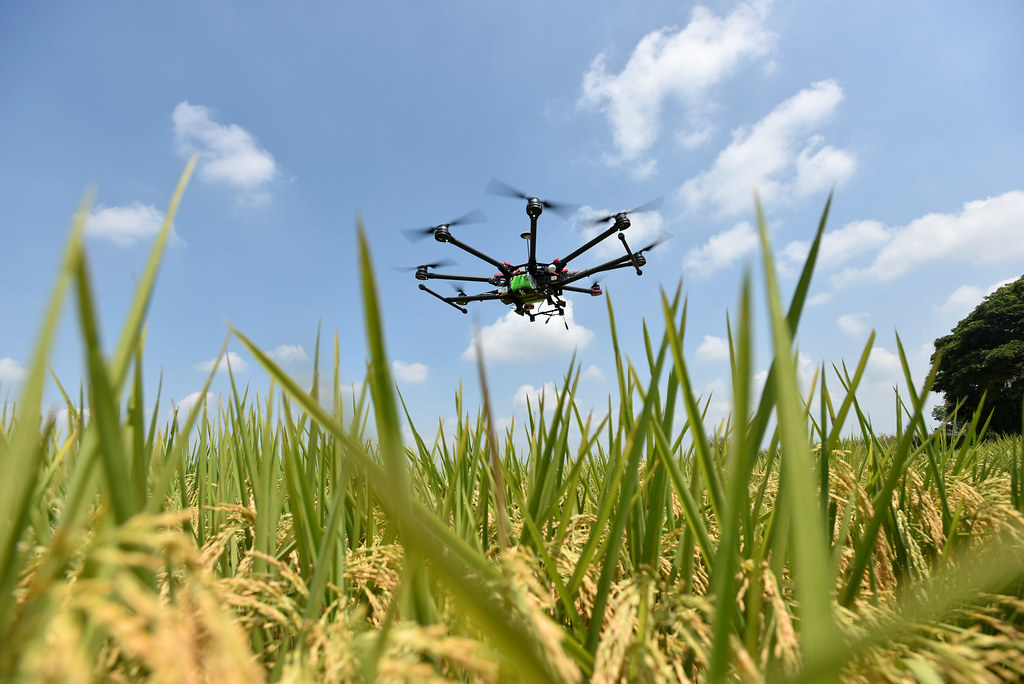-
RAAF
Contributing to the implementation of the Regional Agricultural Policy
RAAF Approach is essentially based on getting things done.
-
Thematics

Thematic areas
The implementation of the Regional Agricultural Policy (ECOWAP) is built around nine thematic areas.
-
Projects
- Renforcement des capacités pour la mise en œuvre de l’ECOWAP en Afrique de l’ouest
- At the end of PRAPS-1, which achieved significant progress in relation to most of the issues relating to animal health, sustainable management of rangelands and pastoral resources, livestock trade, and prevention and management of pastoral crises, the Wor
- Fruit flies are a major problem for the horticultural sector in West African countries. They destroy 50 to 80% of fruit production.
- The Global Climate Change Alliance Plus (GCCA+) is the second phase of an initiative of the same name launched by the European Commission in 2008
- West Africa is one of the most vulnerable regions in the world.
- Renforcement des capacités pour la mise en œuvre de l’ECOWAP en Afrique de l’ouest
- West Africa is facing three major challenges: (i) structural food and nutritional insecurity, (ii) the effects of climate change (droughts, aridity, floods, etc.), (iii) salinization and physico-chemical degradation of agricultural land.
-
News
Follow our news and events
-
Resources
Contents
More information on our work.
-
Multimedias
Interaction
Audio-visual based communication
-
Opportunities
Get Involved
- Portals
Progressive mass vaccination campaigns against PPR under the leadership of the ECOWAS Commission aim at covering all the 15 Member States in the long run, as part of the control and eradication of Peste des Petits Ruminants and other priority animal diseases.
Peste des Petits Ruminants (PPR) is a contagious viral disease. It threatens 80% of global livestock of sheep and goats and kills up to 90% of the animals it infects. It prevails in more than 70 countries worldwide. Its occurrence in West Africa is an animal health emergency due to its rapid spread, the important economic losses it causes and its direct impact on food and nutrition security, specifically on women and other vulnerable groups.
In response to this scourge, the ECOWAS Commission, through its Regional Animal Health Centre (RAHC), developed a regional strategy for the control and eradication of the disease. With the financial support of the Swiss Cooperation, it organised a first coordinated mass vaccination campaign against RPP in December 2019 in Guinea, Liberia and Sierra Leone. This campaign reached over 1,600,000 small ruminants. The 2022 vaccination campaign, launched on 10th June 2022 in Aboisso, Côte d'Ivoire, is the second round of the process with nearly 5 million doses of vaccine and extends to five other countries: Côte d'Ivoire, Gambia, Ghana, Guinea Bissau and Senegal. ECOWAS is also involved in sharing knowledge and experience with peers in the prevention and management of transboundary animal diseases and zoonoses.
The various actions undertaken by the ECOWAS Commission and its partners, notably the Swiss Cooperation, have highlighted that (i) an effective and cheap vaccine is available in the region and (ii) the inoculation of one dose of vaccine can provide long-lasting immunity.
The global goal of controlling and eradicating PPR by 2030 is therefore achievable in West Africa given that PPR can be diagnosed effectively, and reliable, affordable and high-quality vaccines produced in the region. The response will be continued through regional approaches to disease control and eradication involving consolidation of achievements, coordinated mass vaccination campaigns, active epidemiological surveillance, strengthening of veterinary service delivery, capacity building of human and veterinary services, and rigorous monitoring and control of actions.
Read more...
- Livestock farming and pastoralismPublication date:
- Climate change
- Climate change